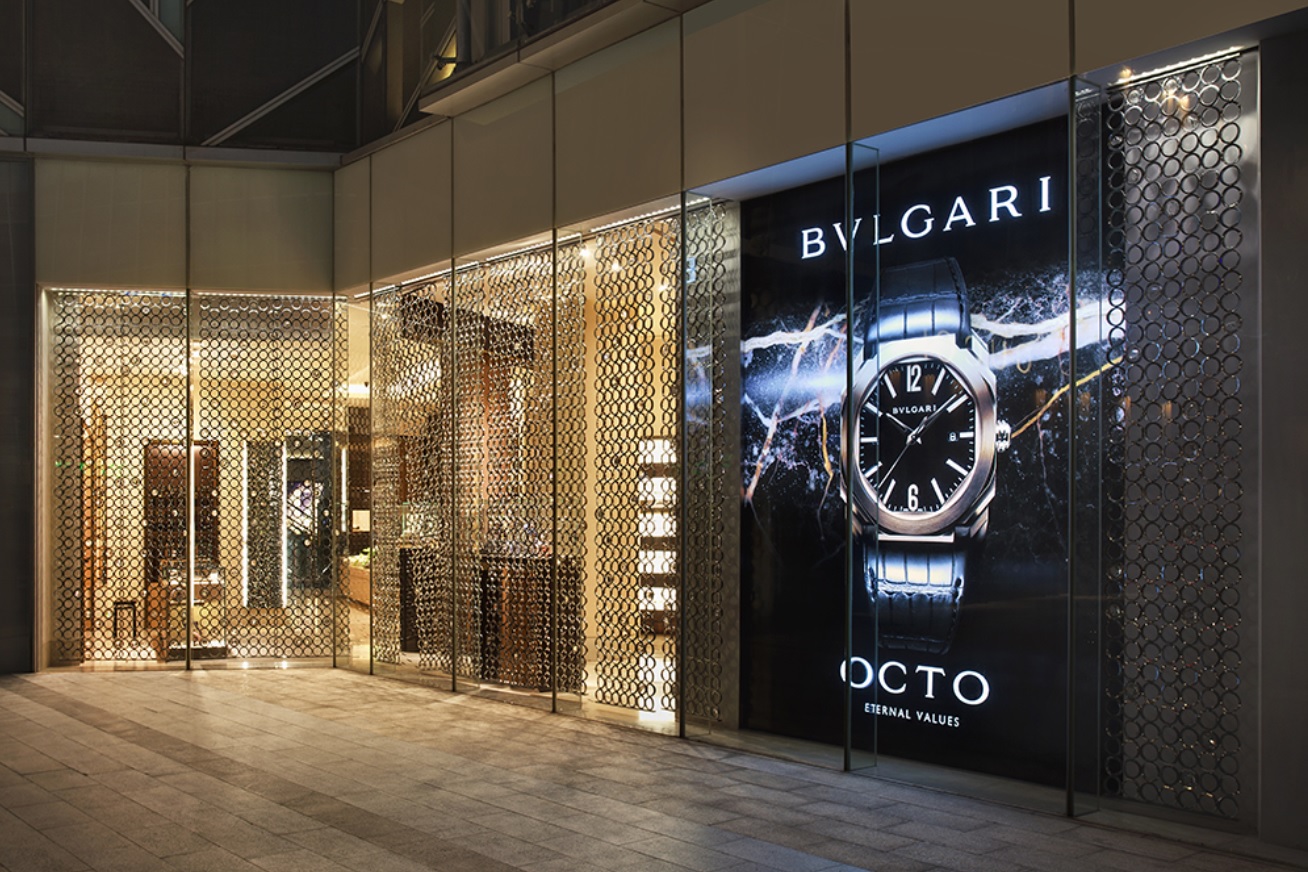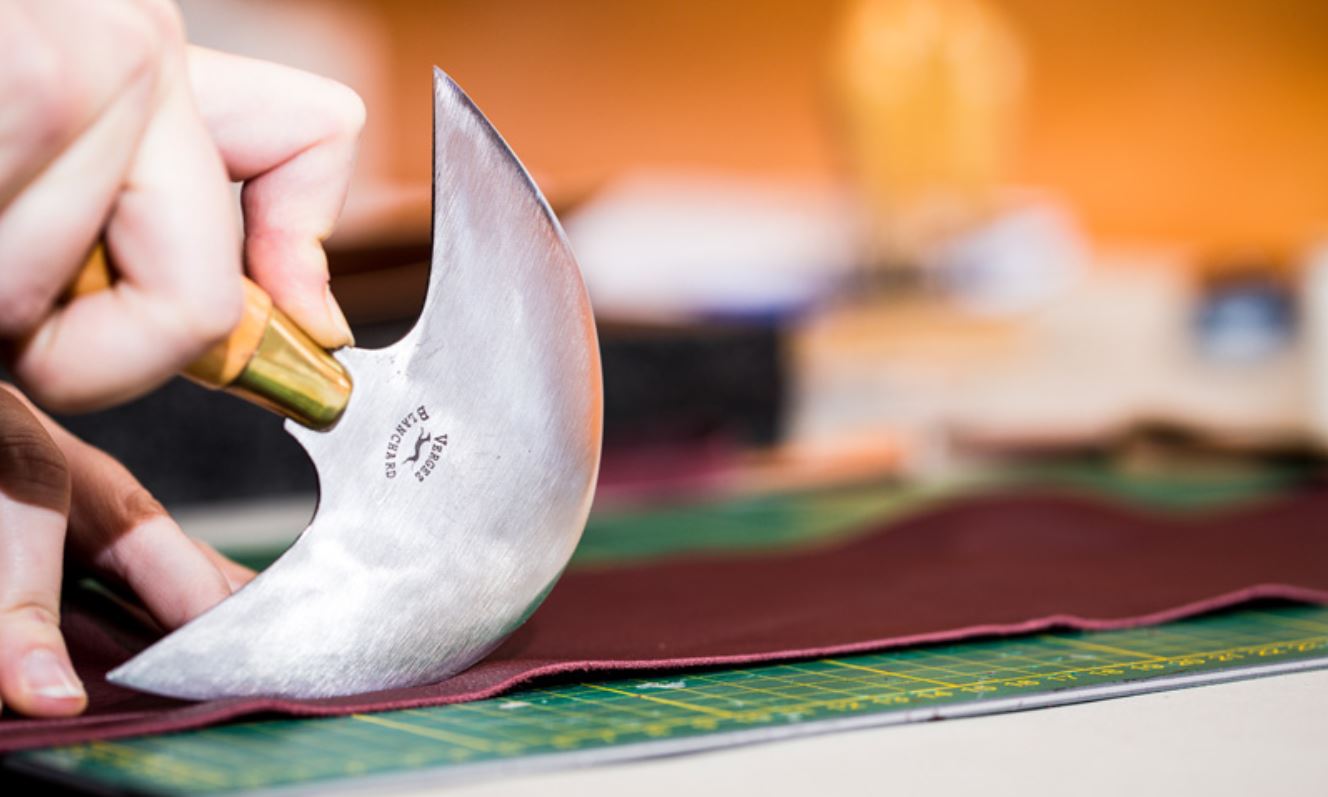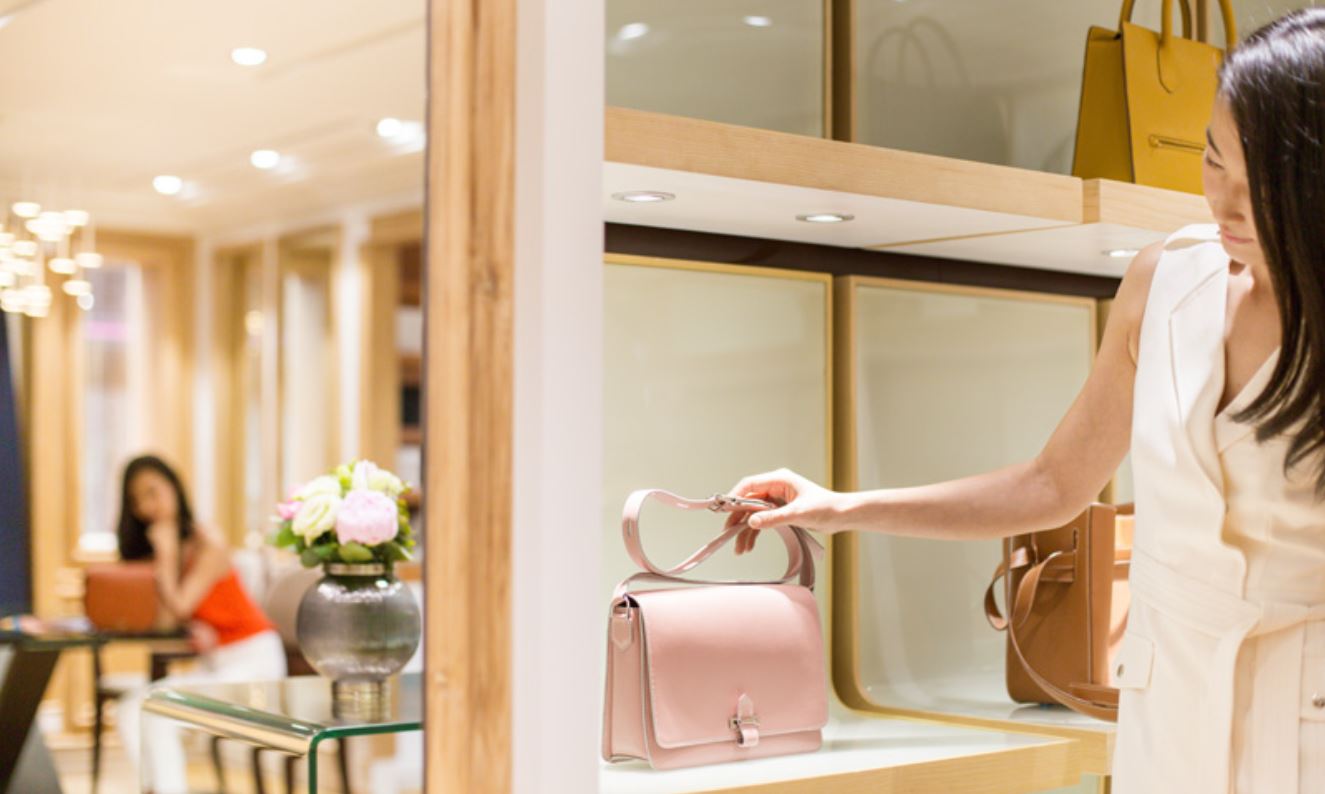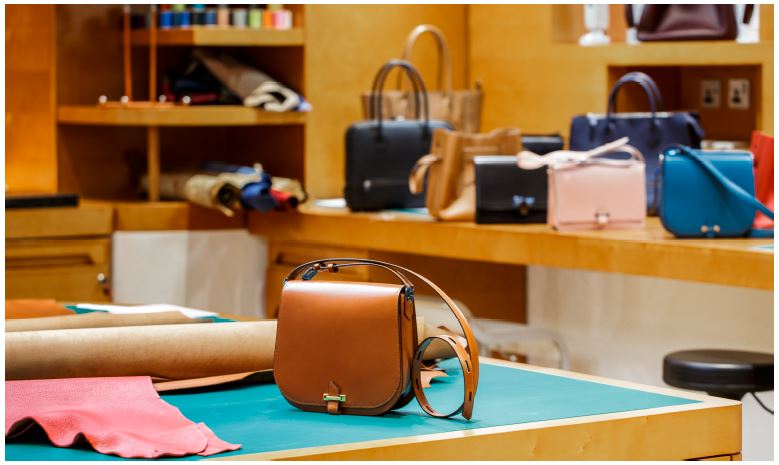Company Background
D’Auchel was founded by Olivier Dauchez, CEO, who launched the luxury French leather goods company in Hong Kong in August 2015. At present, D’Auchel offers luxury leather products made to order by French craftspeople, including the signature Thais handbag and the Chrystel retro weekender. The company employs top leather workers in France and requires its artisans have a minimum of 10 years of experience at high-end ateliers. In the future, the company plans to open shops in Tokyo, New York and London.
www.dauchel.com.hk
Leadership
Olivier Dauchez, CEO and Founder, has 20 years of experience in the leather bag business, and oversaw the manufacturing of fine leather goods for some of the world’s most recognizable luxury brands. Dauchez has years of expertise in sourcing and selecting high-quality leather and a fine eye for extraordinary craftsmanship.
We recently visited the flagship store and workshop of D’Auchel, located in the Central district of Hong Kong, and met with Olivier Dauchez, the company’s founder and CEO. D’Auchel creates handbags that are entirely handcrafted with French materials. The company allows customers to engage with and experience the luxury products before and even after purchasing. For example, customers can attend an on-site demonstration of the assembly of a handbag by French artisans and are given a keepsake video showing the making of their bag when they receive their purchase.
In this report, we discuss how luxury brands can carve out a niche and increasingly leverage bespoke products in the future as well as how D’Auchel is pioneering a niche luxury offering in Hong Kong.
MARKET POTENTIAL
Consultancy Bain & Company estimates that the global personal luxury goods market will reach €280–€295 billion (US$250–US$263 billion) by 2020, growing at a CAGR of 2%–3%. Much of the growth will be dependent on China, which has been the primary growth engine of luxury brands. In the past decade, the country’s economic transformation and rising middle class have caused a seismic change in consumption patterns. By number of consumers, Chinese shoppers are expected to account for approximately 34% of global luxury consumption in the next four years and for the largest portion of global purchases (31%), ahead of Americans (24%) and Europeans (18%), according to Bain.
The challenge
The Chinese luxury market has decelerated recently, however, due to a combination of anti-gifting measures enacted by authorities and subdued equity market performance. Bain & Company valued the Chinese market at
¥113 billion (US$17.3 billion) in 2015, down 2% year over year, and the firm expects no major changes in the macro environment. Nonetheless, in absolute terms, China remains the world’s largest luxury market by value and is likely to make up for weaker luxury demand elsewhere.
 Source: Shutterstock
Source: Shutterstock
The issue in the Chinese luxury goods market is the supply/demand mismatch. As demand for luxury goods grew in the country, many brands turned to factory production to keep up with demand and increase profits. However, the Chinese middle-to-upper class, known as the “high-speed consumer market,” will account for approximately two-thirds of total urban consumption by 2020, and it is demanding greater exclusivity, according to Boston Consulting Group.
One trend that is shaping the direction of luxury consumption in China is the shift away from visibly branded goods to a focus on quality. Niche luxury brands, bespoke products and luxury experience spending are becoming the new drivers of luxury consumption.
D’AUCHEL’S POSITIONING
Dauchez set out to create his own brand after years of observing brands trade off the exclusive handcrafted quality that had made them famous for quantity. With D’Auchel, he introduced to Hong Kong the traditional art of French handbag making, creating bags that are hand sewn and hand assembled by trained artisans in an atelier.

Source: D’Auchel
HOW IT WORKS
D’Auchel provides customers with a unique offering in order to enhance their luxury experience:
- Experiential shopping: A customer visits the D’Auchel atelier and showroom to browse and select from the collection of handbag styles. Customers can see, touch, smell and feel the different leathers while being assisted by a consultant, who advises on the selection of styles, leathers and colors the company offers.
- Customization: After choosing the style, leather and color for a custom bag, a customer can also request any alteration to the inside of the bag that she or he desires.
- Purchase: The bag is entirely hand assembled on-site by French artisans using the finest imported leather, threads and hardware from France. Prices range from HK$40,000–HK$300,000 (US$6,033–US$45,250), depending on the style, leather and color chosen. The production time is about two weeks to one month.
- Post-transaction: After an order is placed, the customer is invited to view the construction of the bag at D’Auchel’s atelier in Hong Kong’s Central district, and is later given a short film of the process as a keepsake. It is expected that the story of the craft will stay with the customer.
LOCALIZATION FOR THE CHINESE CONSUMER
In order to succeed in the Chinese market, retailers and brands must localize their brands to maximize their appeal with local consumers, and localization and leveraging multiple channels are likely to drive market success for luxury brands in China. There is, however, no one-size-fits-all approach for localizing brands in the country, and history has shown that many international brands have struggled to replicate their domestic success within China.
The future is bright for international luxury brands that project a unique brand image, though. In our view, those that mix their historic heritage with a Chinese perspective on luxury are likely to do well in China. For D’Auchel, localization entails designing and crafting its leather handbags in Hong Kong while bringing a French heritage to its brand and process and using French craftsmanship and materials.

Source: D’Auchel
FUTURE DIRECTION OF D’AUCHEL
D’Auchel plans to expand to Tokyo, London and New York, and into other product categories besides bags, including men’s wallets.
WHAT WE THINK
The new norm of the luxury goods market is one of gradual growth. The personal luxury goods market is expected to increase at CAGR of 2%–3% over the next few years, a marked deceleration compared with the 6% CAGR seen between 1995 and 2015. While consumers still have a penchant for luxury goods, they are seeking more exclusive brands. We think that D’Auchel is well positioned to navigate the Asian and global luxury markets, as it has carved out a niche to cater to customers’ growing individualism, it has mastered brand content and storytelling, and it has enhanced the personalized customer experience in-store.

 Source: Shutterstock
Source: Shutterstock
